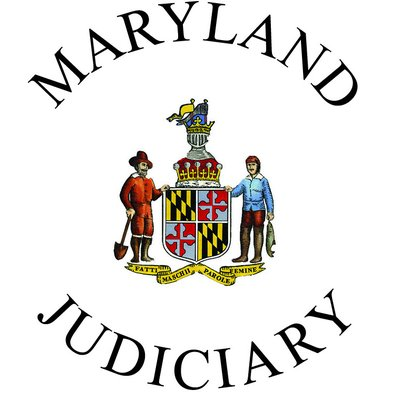Posts
Showing posts from May, 2022
Maryland Court of Appeals Upholds its Tolling of the Statute of Limitations Due to the COVID-19 Court Closures
- Get link
- X
- Other Apps
Governor Hogan Announces Several Appointments to Maryland’s Trial and Appellate Courts
- Get link
- X
- Other Apps
Congratulations to Associate Logan Hayes on her recent win!
- Get link
- X
- Other Apps



